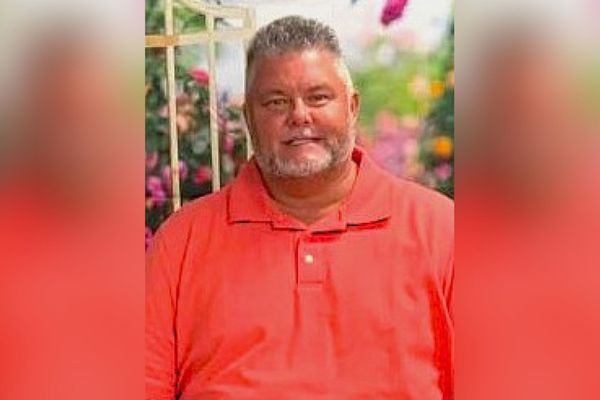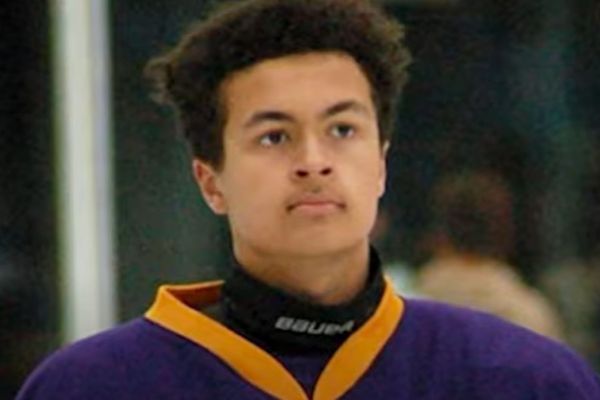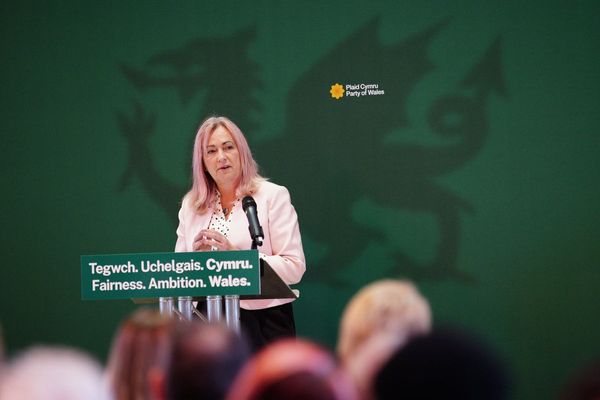
Despite war-time restrictions, Ukrainians marked midsummer with festivals that featured frenetic folk dancing, flower decoration and jumping over bonfires.
The festival of Ivana Kupala on Sunday was held as Ukrainians start their third summer at war, with Kyiv and other cities hit by regular blackouts and remaining under nightly curfew.
An hour’s drive south of the capital, several thousand joined the summer festival, many wearing shirts and dresses embroidered with traditional patterns.
Twisting soft twigs around leaves and flowers, Kateryna Harnik made floral crowns for herself and friends.
Harnik, a Kyiv resident, said she was happy to attend a rare outdoor gathering.
“People always like to get together. And in times like this, with this terrible war going on, we still need the opportunity to come together, to bond together,” she said, as a group of women in traditional costumes took the nearby stage to sing in harmony.

This year’s celebration, Harnik said, carried additional significance for Ukrainians, as their statehood and identity is challenged.
“One of key weapons used by Russia in this war is the destruction of our Ukrainian culture,” she said.
“So it’s important to remember our traditions, to make sure that we remember our heritage and that we won’t let anyone take it away from us,” she said.
Many Ukrainians keep an air raid app on their phones to monitor the danger from Russian missile and drone strikes, while at the same apparently determined to cling to regular life — filling cafés and attending indoor live events, including concerts, stand-up comedy shows and circus performances for children. Generators rumble into action during power cuts.
Men under age 60 cannot leave Ukraine due to draft restrictions but many still talk about their post-war holiday plans.

The festival of Ivana Kupala is similar to celebrations for St John’s Eve or San Juan in many Western countries — a fusion of fire, water and nature that ties pagan traditions to the Christian calendar.
Sunday’s festival outside Kyiv was held at a national heritage park, where windmills, thatched houses and other traditional buildings have been reassembled after being dismantled and transported from all the regions of Ukraine.
Teenagers giggled as they danced in circles around a bonfire to violin and bagpipe music.
Couples, holding hands, leapt over the flames, a few later receiving attention from paramedics for sore ankles.
The heritage park’s director Oksana Poviake said it was important for people to forget their daily troubles but also to reinforce their identity.
“People can relax in a coffee shop, at a restaurant or at home,” she said. “But here, together in a large community, they feel a sense of belonging, belonging to their people, who right now are fighting for their identity.”







